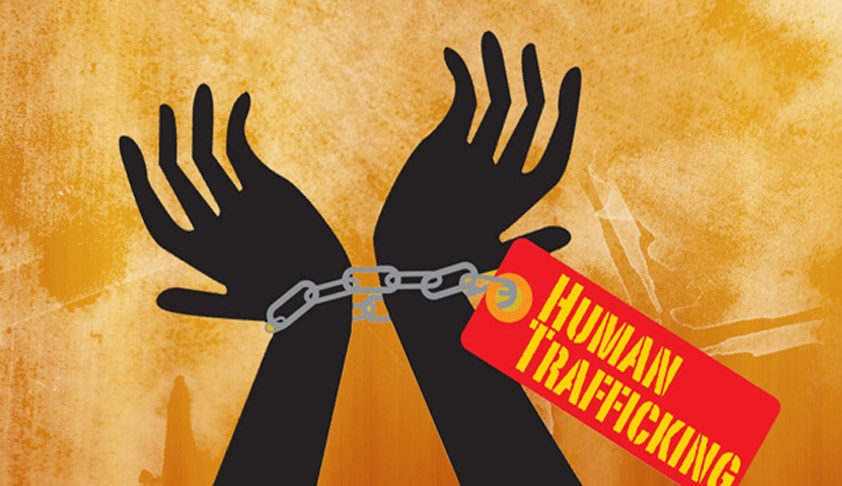NALSA submits report to SC on combating Human Trafficking; Recommends measures for victim-justice
Anju Cletus
5 Nov 2015 2:35 PM IST

Next Story
5 Nov 2015 2:35 PM IST
In a Writ Petition filed by Prajwala, a Hyderabad based NGO, the National Legal Services Authority (NALSA) submitted a report to the Supreme Court of India pertaining to effective tackling of the issues of trafficking in women and children, rescue, rehabilitation, monitoring and functioning of shelter homes. The report was submitted based on deliberations of a committee that consisted of...
